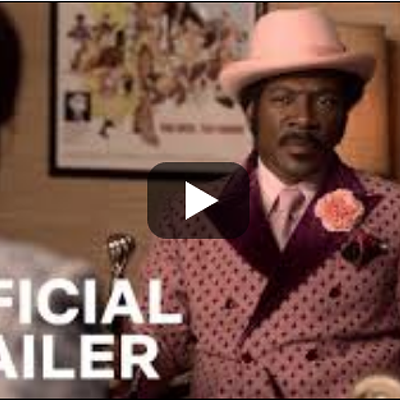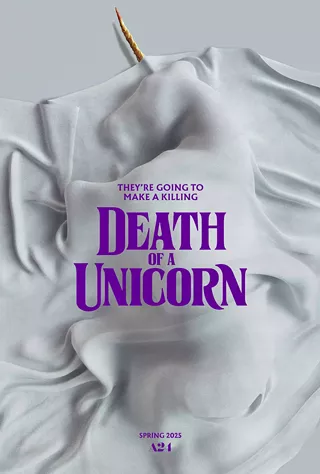Sure, we could return to the '50s, a decade during which it was considered good form to wear a bedsheet over your head in order to indicate your racial pride; or the '60s, when sexual liberation and new highs in the crime rate were tie-dyed together by patchouli-scented prophets of mind-destruction; or the '80s, when homelessness, soaring national debt and the murder of innocents were celebrated as family values. But it's to the '70s that we turn when our hearts are heavy with the lack of unicorns and maroon sports jackets and bizarre cereal spokescreatures.
Yes, the '70s, which I think was the first entire decade to be officially dubbed "lame" by those who were living in it. We now know that lame, like the gold lamé that sparkled through the disco years, is not the world-destroying evil that we thought it was. Compared to what came before and after, lame was nice. Lame was safe and friendly and easier to take than images of infants burned by napalm or U.S.-sponsored Nicaraguans setting schools on fire.
Now that we've returned whole-hog to the business of being the world's moral leader, police officer, scolder, bully and torturer, it might be nice to dive into the icy waters of a kidney-shaped pool peopled by Farrah-haired femmes and wooly-chested men in fu-manchu mustaches. Such a swim is offered by Anchorman, a comedy that, while neither terribly smart nor consistently funny, is nonetheless engaging in its endless love of that time when low-temperature physicists equated zero degrees Kelvin with the coolness of the Fonz.
Will Ferrell does a full-on Will Ferrell as Ron Burgundy, the titular anchorman whose suits are colored to match his surname and whose erect penis leads a small gang of on-air talent in their quest for the perfect fluff story.
When not reporting on water-skiing squirrels or newborn pandas, Ron likes to make something that, back in the '70s, we tended to call "love." But this "love" has a price, as Ron finds out when a feather-headed goddess named Veronica Corningstone is selected to be his co-anchor.
That Man, the greatest of all creatures that have penises, should have to share his demesne with Woman, who, according to official '70s dogma (so the plot goes), was better suited to wearing flouncy pantsuits and fighting crime than to having a real job, is too much for Ron to bear. Thus does trouble ensue as he both loves and hates Veronica Corningstone, in a kind of relationship that, years later, we will anachronistically dub a "love-hate relationship."
The various events of Anchorman, however, are irrelevant to its purpose as a film. It's meant only to showcase the strangeness of Ferrell, the purity of the '70s wardrobe and the era-specific prettiness of Christina Applegate as Veronica.
The show, though, is frequently stolen by the supporting cast, specifically the adorable Paul Rudd as priapic field reporter Brian Fantana, and The Daily Show's Steve Carell as mentally challenged weatherman Brick Tamland. Though making fun of the disabled is, since the '80s, no longer considered good form, Anchorman's setting in the softer decade makes this not only OK, but almost unbearably funny.
There are a handful of good set pieces here, including an inter-station rumble featuring Ben Stiller, Luke Wilson, Tim Robbins and Vince Vaughn as opposing anchors armed with primitive weapons and a murderous urge for higher ratings.
There are also a few clunky moments, like director/writer Adam McKay's mistaken belief that the killing of a dog is humorous. It doesn't depress overmuch, though, and sets up a hilarious scene of Ferrell screaming in a very Saturday Night Lively performance.
As you might expect, there's also a soundtrack of the cheesiest moments of the '70s, including, as a highlight, Ferrell, Rudd and Carell singing "Afternoon Delight," which is probably the best song ever written by the Starland Vocal Band.
Which pretty much sums up Anchorman: It's all set and setting, all helmet hair and San Diego's sexy '70s sizzle. Who are you to resist it? Are you so busy finishing up your dissertation on the later films of Bergman and Ozu that you have no time to celebrate the cultural heritage of the U.S. of A? I think not. So please, put down that "Kerry is Anti-American" bumper sticker and that "Bush is a War Criminal" placard, and enter the refrigerated world of the cinematic past. Like the '70s themselves, Anchorman is light, fluffy, not very memorable and diverting enough to get you though an economic downturn, an insane spike in gasoline prices and an incompetent born-again president.













